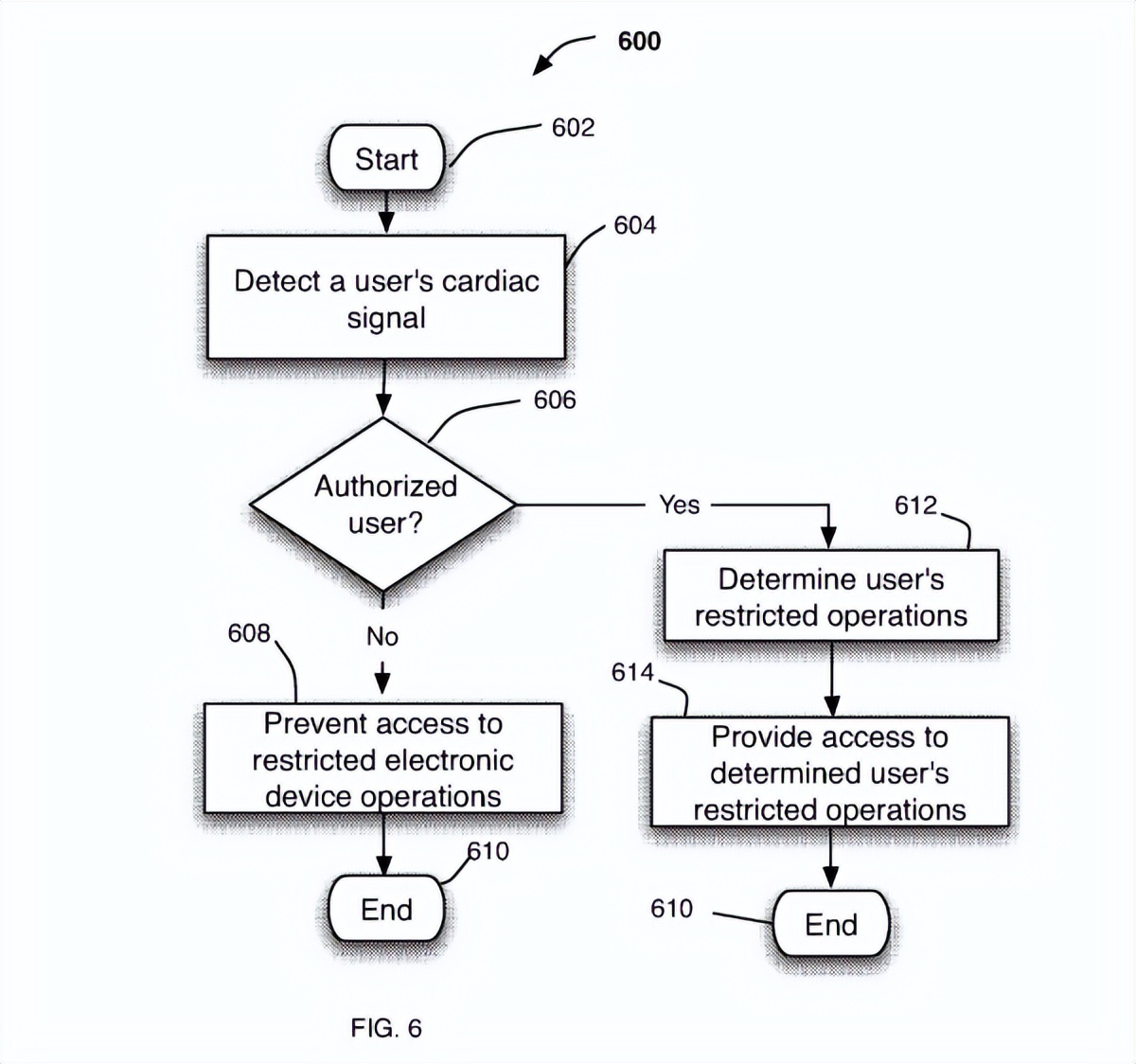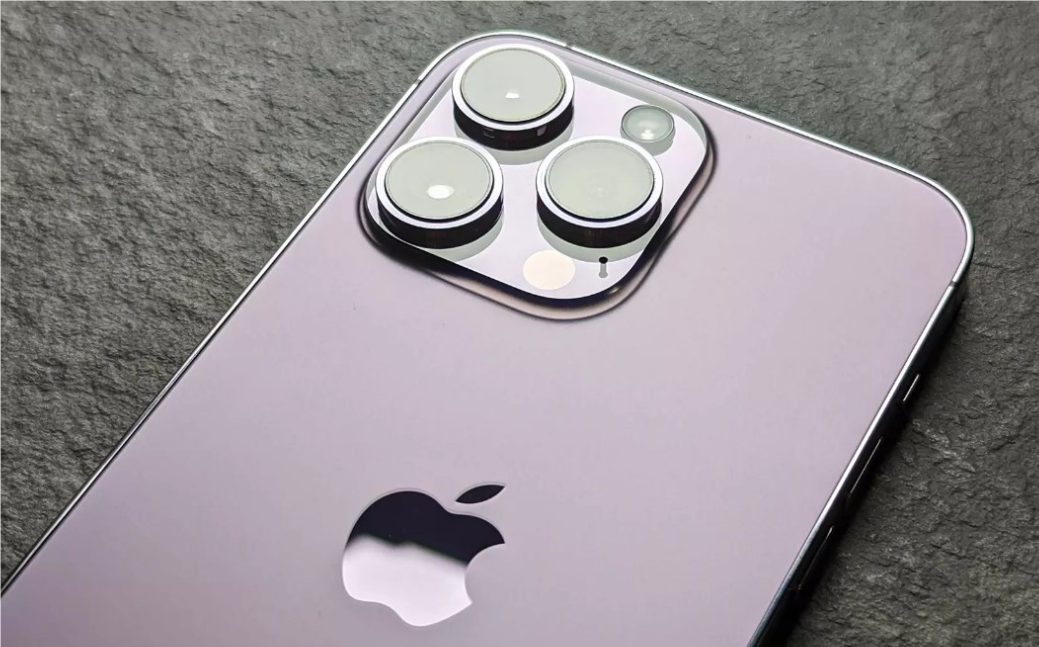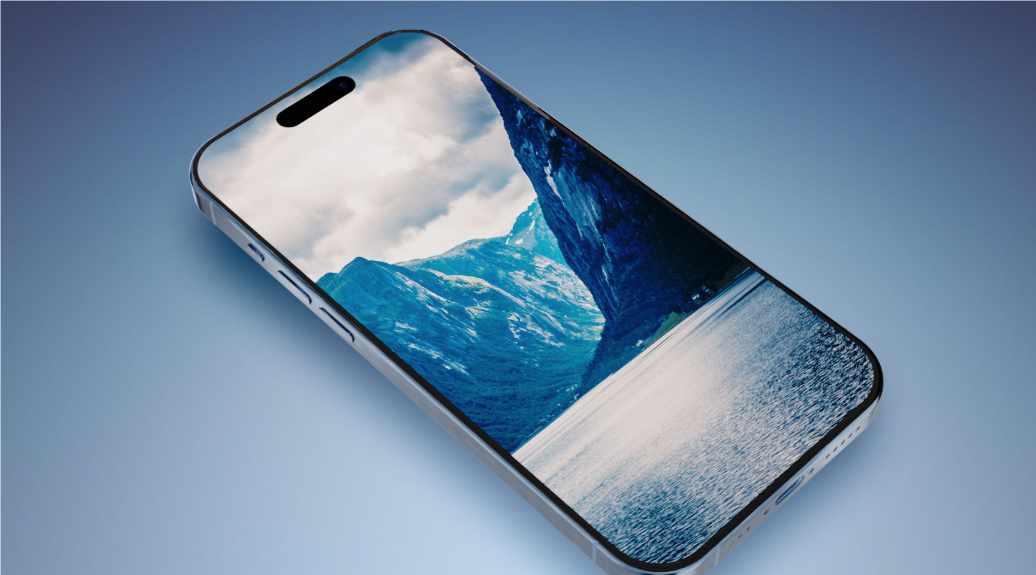New unlocking method for Apple devices exposed, faster than Face ID!
![]() 08/06 2024
08/06 2024
![]() 603
603
I've seen some people online always say that Apple is hesitant to adopt new technologies. Since Face ID, iPhones haven't seen significant technological innovations for years. This argument is somewhat true. iPhones are indeed relying on past achievements, but isn't this true for the entire mobile phone industry? Technological innovation is easy to say, but the difficulty in actually implementing and applying it is beyond the imagination of ordinary people. Many people are dissatisfied with iPhones not because of the lack of significant innovations but because some functional configurations do not match their prices.
For example, the standard model's screen does not support high refresh rates, charging speeds are slow, battery capacity is low, and signal performance is poor. However, a new unlocking method that Apple may use in future iPhones or other Apple products has been exposed online: "Heart ID," which can be considered a significant technological innovation, although its practical application may not be immediate.

Security is paramount in any smart device unlocking method. Today, a vast amount of personal privacy data is stored on portable devices. Once leaked, it poses a significant security threat to personal privacy. Why did Apple change the iPhone unlocking method from Touch ID to Face ID? The primary reason is security. Apple's newly developed Heart ID collects even more private unlocking data because heart rate data is closely related to personal health. Once implemented, it means Apple has prepared more secure and privacy-protecting methods.
So, how does Heart ID unlock a device? According to online explanations, it collects and matches users' heartbeat characteristics, such as ECG signals, to create unique unlocking data. Its security is reportedly superior to Face ID, and the unlocking speed is faster. Heart ID's advantage is that it unlocks the device without requiring the user to look at the screen. I speculate that simply holding the phone will allow the device's sensors to match the heartbeat data, enabling quick unlocking.

Previously, both Touch ID and Face ID were compatible with payments and convenient to use. If Heart ID requires turning on the screen and entering the home screen, it doesn't seem more convenient than the other two methods. However, Heart ID does have a gimmick advantage.
I believe Heart ID's greatest feature is security. There's not much difference in convenience between unlocking by holding the phone and unlocking by looking at it. Of course, it's also beneficial to the industry chain, as developing new sensors means new profit sources.

I wonder how many of you here would accept it.







